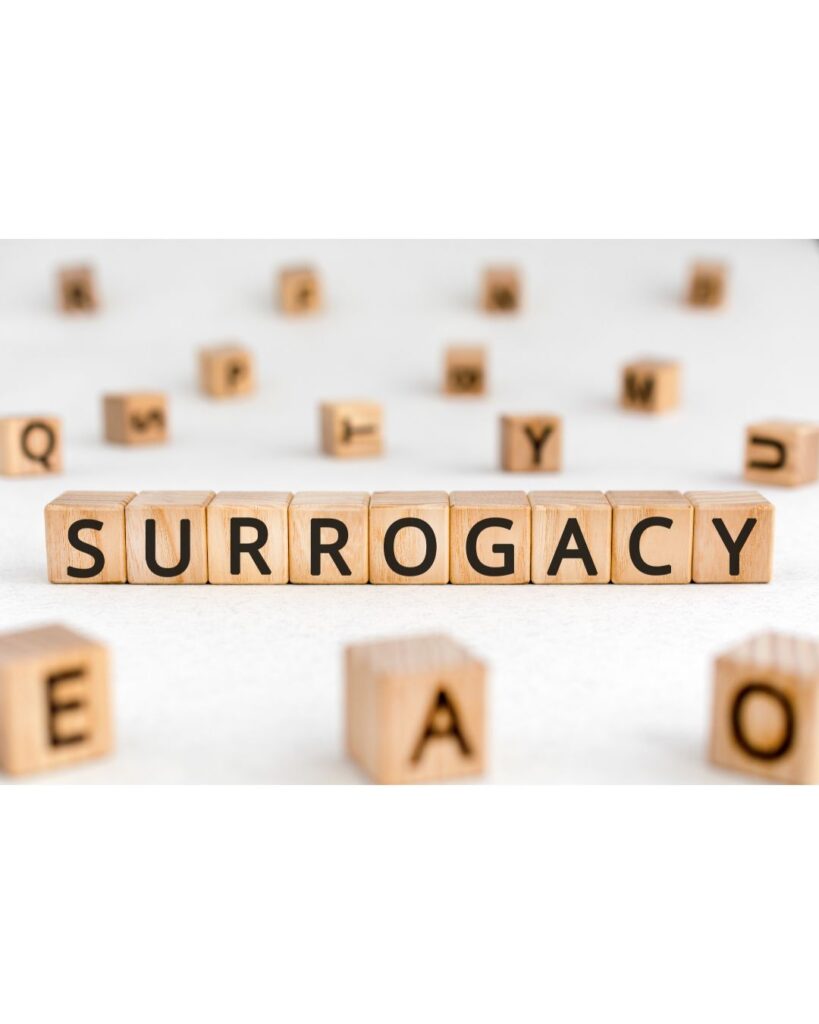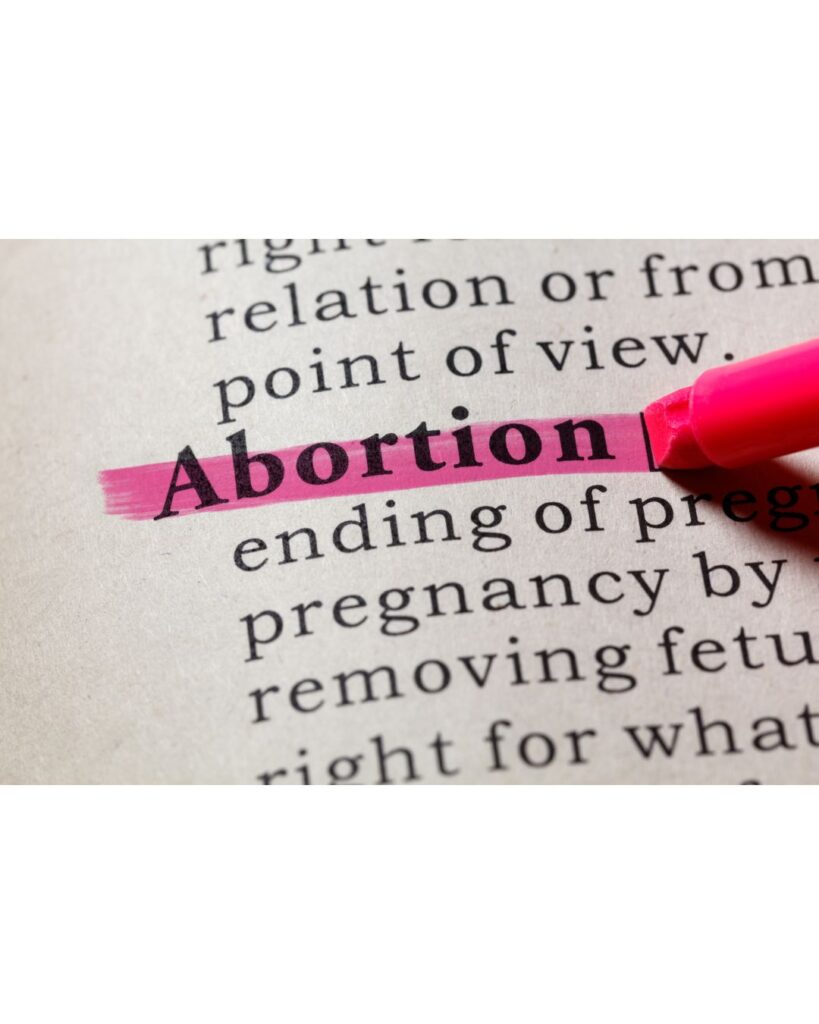A burning question has weighed on my heart ever since I became a mother: Can surrogacy be ethical? I had read stories and seen the debates, but it wasn’t until I faced my own journey through infertility, loss, and IVF that the question became deeply personal. After my third miscarriage, I found myself in profound pain and began researching surrogacy as a path to parenthood. As a Nigerian woman married to a Dutch man, I had to consider not just the emotional and medical aspects but also the legal implications. If the Dutch government refused to grant citizenship to a child born through surrogacy, that child’s future would be uncertain.
A Global Patchwork of Laws and Dilemmas
By the time I pursued my fourth IVF in Germany, I had learned that all forms of surrogacy were banned there. Around that same time, Thailand was moving to ban surrogacy for foreigners after an Australian couple left a surrogate mother with a baby who had Down syndrome and took only the “healthy” twin. In India, surrogacy costs varied wildly depending on the agency, while in the U.S., it was prohibitively expensive. Some countries even offered to falsify birth documents to list commissioning parents as birth parents, but such options posed immense legal and ethical risks.
In 2015, there was no cohesive data on surrogacy from Nigeria. Fast forward a decade, and the Nigerian House of Representatives is now considering banning commercial surrogacy. The reactions have been filled with anger and disbelief, revealing how complex and emotionally charged this issue remains.
Dutch Laws: Ethics Over Economy
In the Netherlands, commercial surrogacy is banned. The law requires that surrogacy be a purely altruistic act. The surrogate must be under 44, already have a child, be fluent in Dutch, and be a citizen. She must not be paid beyond medical expenses. Essentially, she must be a unicorn. You can’t bring someone from Nigeria to serve as a surrogate, she must be Dutch. My own search led me to consider legal adoption, which comes with another set of strict and complicated rules.
Hagar: The Oldest Surrogate?
My reflection turned to the Bible, particularly to the story of Hagar. She was an Egyptian slave of Sarah, Abraham’s wife. When Sarah couldn’t conceive, she asked Abraham to go into Hagar. The Bible says Hagar became his wife, suggesting that this was more than a single encounter. After Hagar conceived, tension flared. Sarah mistreated her, and Hagar fled. She met an angel who asked her to return, and she made a profound declaration: “El Roi,” the God who sees me. Ishmael, her child, was born but eventually sent away when Sarah gave birth to Isaac.
This story is a raw example of the emotional and ethical turmoil surrogacy can entail. Both women experienced anguish. One watched another carry her husband’s child; the other was used and later discarded. It was a time before law, but it reminds us how fraught and painful these arrangements can be.
Modern-Day Exploitation
Sadly, exploitation continues. One family, 45 years ago, used their live-in domestic help to bear four children through intercourse, not medical procedures. They never compensated her. She remained a nanny, abused by the woman of the house and mirrored by the children. The truth only surfaced in adulthood, leading to estrangement.
Another example is the “miracle pregnancies” in Nigeria, where women believe they’re pregnant through shady clinics but might be actually involved in trafficking rings. Women are drugged, inseminated, and their babies are sold or given to women who use these hospitals. Sometimes, these pregnancies last between 9 months and 2 years, and couples are unaware or in denial.
Then there’s the unregulated egg donation and surrogacy business. When I first asked how much egg donors were paid, I was shocked: 100,000 Naira. That’s about $60. As someone who has undergone multiple egg retrievals, I know firsthand the toll it takes. You couldn’t pay me to do it, if I ever donated eggs, it would be out of love.
Surrogates in Nigeria often receive a small stipend per month and a final lump sum. Usually less than $100 a month in total for the period spanning from initial tests to the birth and recovery. If the pregnancy fails, many are discarded. Most never meet the intended parents. They’re managed by agents who ensure compliance and good health until delivery, then disappear.
A Public Reckoning Begins
Recently, a Nigerian woman shared her surrogacy journey transparently on Instagram, sparking widespread debate and starting a very important national conversation. Her honesty was a breath of fresh air in a culture where surrogacy has long been treated as a dirty secret. Too often, women fake pregnancies while another woman carries the baby in secrecy, only for the child to be handed over quietly after birth. This secrecy fuels shame, misinformation, and exploitation.
Surrogacy shouldn’t be a secret. A responsible government should be able to clearly define the legal status of surrogacy within its borders. The process should be visible in data and statistics, not for public spectacle, but for regulation, rights, and resource allocation. Yet even in being counted, surrogate mothers deserve dignity. They should have a reasonable expectation of privacy, just like any other medical participant. Being “seen” in the system doesn’t mean being exposed, it means being acknowledged and protected.
As Nigerians in diaspora come home to take advantage of cheap and uncomplicated surrogacy, it becomes an international issue because countries want to see the process before issuing visas or passports to those children. This rush by the Nigerian government may well be for compliance so that we maintain expected human rights processes. But it shouldn’t be half-assed. The Nigerian government also needs to regulate donor eggs leaving this country to reduce exploitation of girls donating eggs every few months for $60 without fully understanding the long-term consequences on their health and future fertility.
A Vision for Ethical Surrogacy
In contrast, in the Netherlands, the surrogate mother holds more rights to the child than the intended parents. She or her husband can decide to keep the child. In Nigeria, surrogate mothers have no rights. This is why regulation is essential.
If surrogacy is to be commercial, payments and benefits should be standardized. If it’s to remain altruistic, coercion must be ruled out, as is done with organ donation. Surrogates must be protected.
Governments worldwide are also tightening regulations for citizenship of children born via international surrogacy. This means ethical, legal, and emotional clarity is needed now more than ever.
Love Must Lead
Surrogacy is an incredible labor of love. But love must not be blind. We must strive for a system that upholds dignity, justice, and transparency. Surrogate mothers must not be invisible. They must be seen, like Hagar, by the God who sees.
To those facing infertility, I see you too. May your path to parenthood be paved not only with hope but also with fairness, kindness, and the fierce light of love that leaves no one behind.







3 Responses
Thank you so much for pouring out your heart in this thoughtful and enlightening piece. As a researcher, I found the issues you raised on the citizenship of children born through surrogacy and especially those born via international surrogacy to be very interesting. I would like to do more research on this and would share with you if necessary. And like you said, we need to be more understanding of couples needing artificial reproduction and of course the rights and well-being of the surrogate. Thank you once again for writing.
Thank you! Would love to hear what you find. Not being able to go home with your child after surrogacy is also heartbreaking
An interesting and wholesome piece. No one is indeed left out